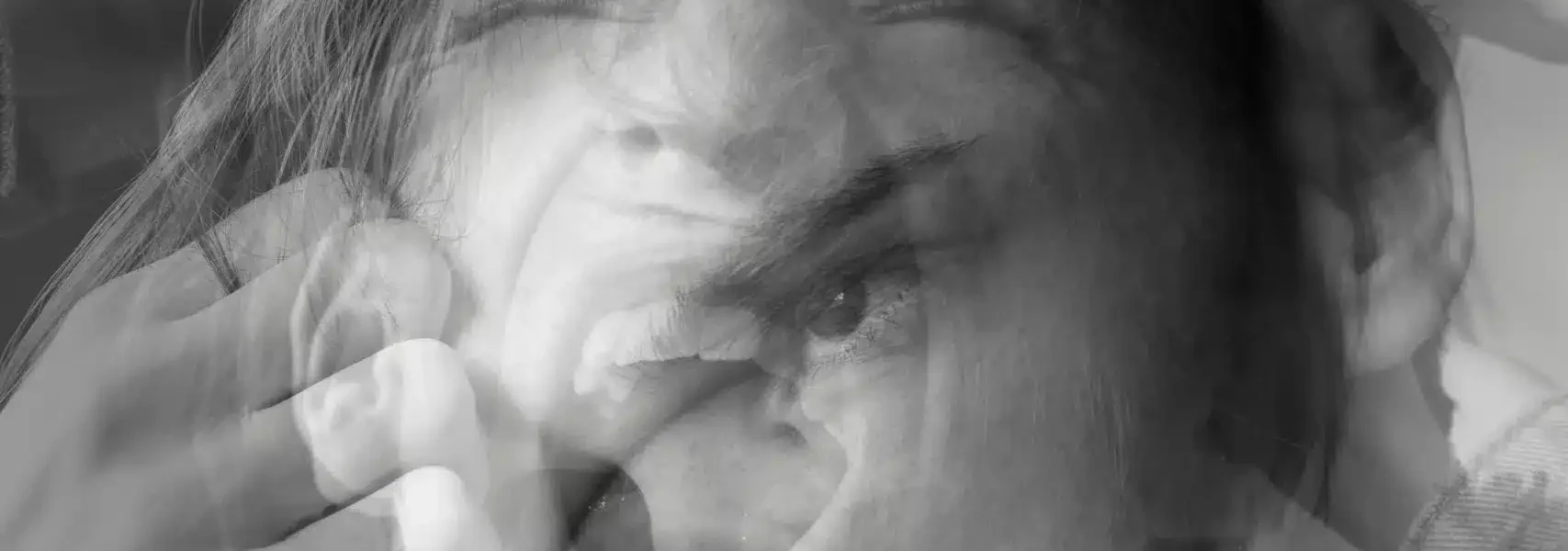For centuries, people have consumed and debated cannabis. Its effects vary widely, with many experiencing relaxation and euphoria, while others face less desirable consequences like Cannabis-Induced Psychosis (CIP). We aim to explore the complex and often misunderstood phenomenon of CIP, drawing on scientific research to illuminate its nature, manifestations, and implications.
Understanding Cannabis-Induced Psychosis
Cannabis-induced psychosis triggers a set of psychiatric symptoms following cannabis use. These include hallucinations, delusions, and a disconnection from reality. A study highlights CIP’s alarming potential to evolve into a more permanent psychotic disorder, especially among those predisposed to mental illness.
Though not fully understood, research points to the psychoactive component of cannabis, tetrahydrocannabinol (THC), as a significant factor. THC interacts with the brain’s cannabinoid receptors, altering neurotransmitter release and leading to various mental and physical effects. High-THC cannabis correlates with a higher psychosis risk.
Cannabis Induced Psychosis Symptoms and Diagnosis
CIP’s symptoms, such as paranoia, hallucinations, disorganized thinking, and bizarre behavior, can resemble other mental health issues, complicating diagnosis. Identifying CIP involves linking cannabis use with the start of symptoms. Doctors consider a CIP diagnosis when symptoms emerge shortly after cannabis use in those with no psychosis history.
How long does cannabis-induced psychosis last?
The duration of cannabis-induced psychosis (CIP) varies from person to person. This is influenced by several factors including individual mental health, the amount and potency of the cannabis consumed, and the user’s unique sensitivity to cannabis. While research suggests there is a link between cannabis use and psychosis, there can be a wide range of variability in the duration and severity of symptoms based on individual factors. Typically, the psychotic symptoms can last from a few days to several weeks after stopping cannabis use. Rapid resolution of symptoms is often seen when cannabis is no longer in the system. But, in individuals with a pre-existing mental health condition or predisposition to psychiatric disorders, these symptoms can persist longer and may signal a more chronic psychotic disorder.
It’s important to recognize that in some cases, particularly with high-potency cannabis or among individuals with a predisposition to mental health issues, CIP might be indicative of a more enduring psychiatric condition, such as schizophrenia. Such scenarios may require comprehensive psychiatric intervention, including antipsychotic medication and counseling. Early intervention and stopping cannabis use are crucial for effective treatment and recovery.
Treatment and Management
Treatment for CIP involves both addressing the acute psychotic symptoms and dealing with the individual’s cannabis use. Antipsychotic medications can be effective in managing psychosis. However, stopping and abstaining from cannabis use is crucial for full recovery and to prevent relapse. Counseling and support groups are often recommended to address underlying issues (such as mental health concerns) related to cannabis use. Additionally, monitoring for the development of a more chronic psychotic disorder is important, as some individuals may go on to develop conditions like schizophrenia.
Risks and Vulnerabilities
Certain individuals are more vulnerable to CIP than others. Factors such as genetic predisposition, existing mental health conditions, the age of first cannabis use, and the frequency and potency of cannabis consumed all play a role in the risk of developing psychosis. Adolescents and young adults are particularly at risk, as their brains are still developing.
Bryn Spejcher Recent Case Highlights: The Controversy and Lessons Learned

(Ventura County District Attorney’s office)
A recent case that garnered media attention around CIP involved a California woman named Bryn Spejcher. After consuming cannabis, Ms. Spejcher experienced a psychotic episode that led to her fatally stabbing of her boyfriend. This tragic incident highlights the severe and sometimes unpredictable consequences of cannabis-induced psychosis. The legal and moral complexities surrounding this case have sparked debates about the responsibility and legal consequences for actions committed under the influence of cannabis and CIP overall.
The case serves as a reminder of the unpredictable nature of cannabis on mental health and the importance of awareness about its potential risks. It also emphasizes the need for further research on cannabis-induced psychosis, its prevention, and effective treatment strategies.
Conclusion
Cannabis-induced psychosis is a serious and potentially life-altering condition that deserves attention and understanding. It challenges the often casual perception of cannabis use and serves as a reminder of the potential risks of this substance, especially in vulnerable populations. As the legal and social landscapes surrounding cannabis continue to evolve, so too must our understanding and approach to its associated mental health impacts.


